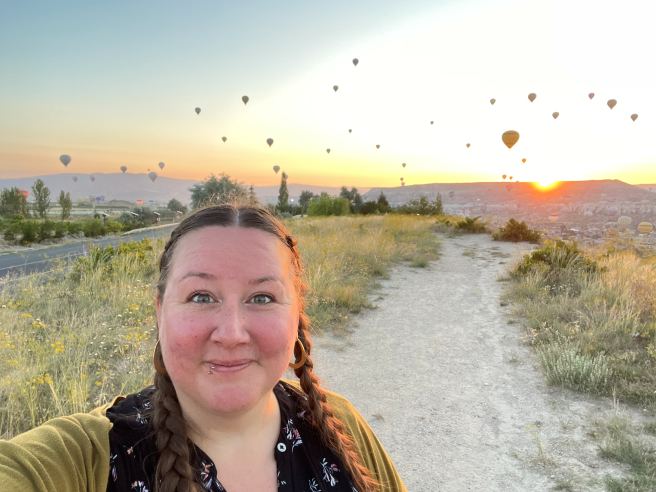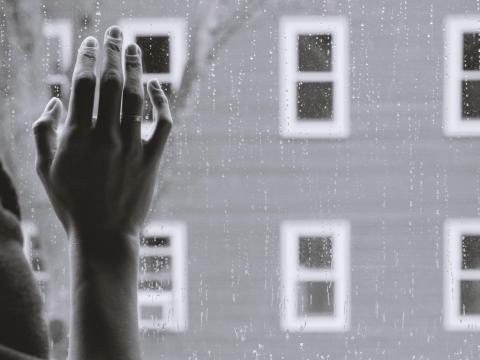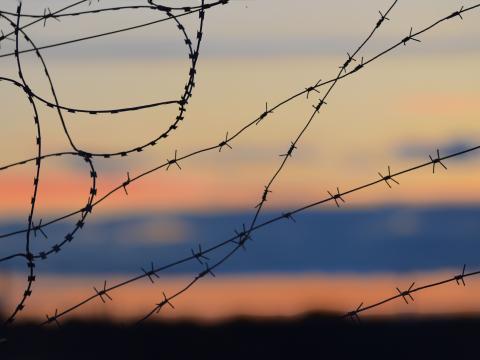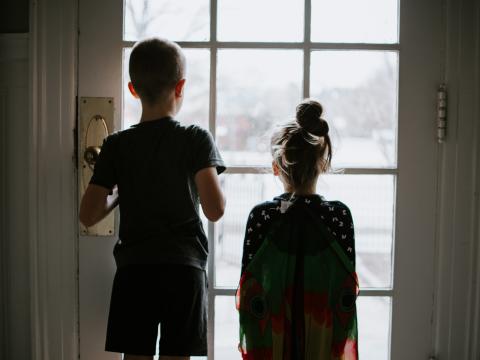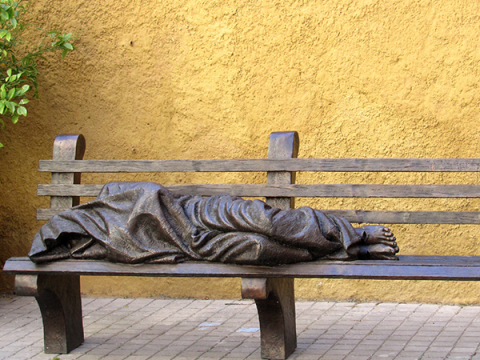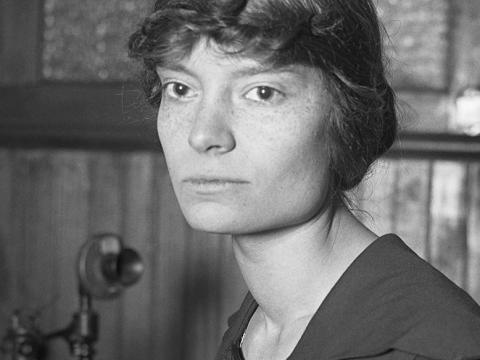Embracing less certainty, more dependance
Over the past few months, I’ve had the absolute privilege of completing my Summer Parish Internship in İzmir, Türkiye (the new official name for Turkey). I was given the opportunity to immerse myself in the lives of the local believers; from going on camping trips to helping run a weekly English Club to facilitating a Bible study, I learned what it is like to live out your faith in a country where less than 0.4% of the population is Christian.
Read more
